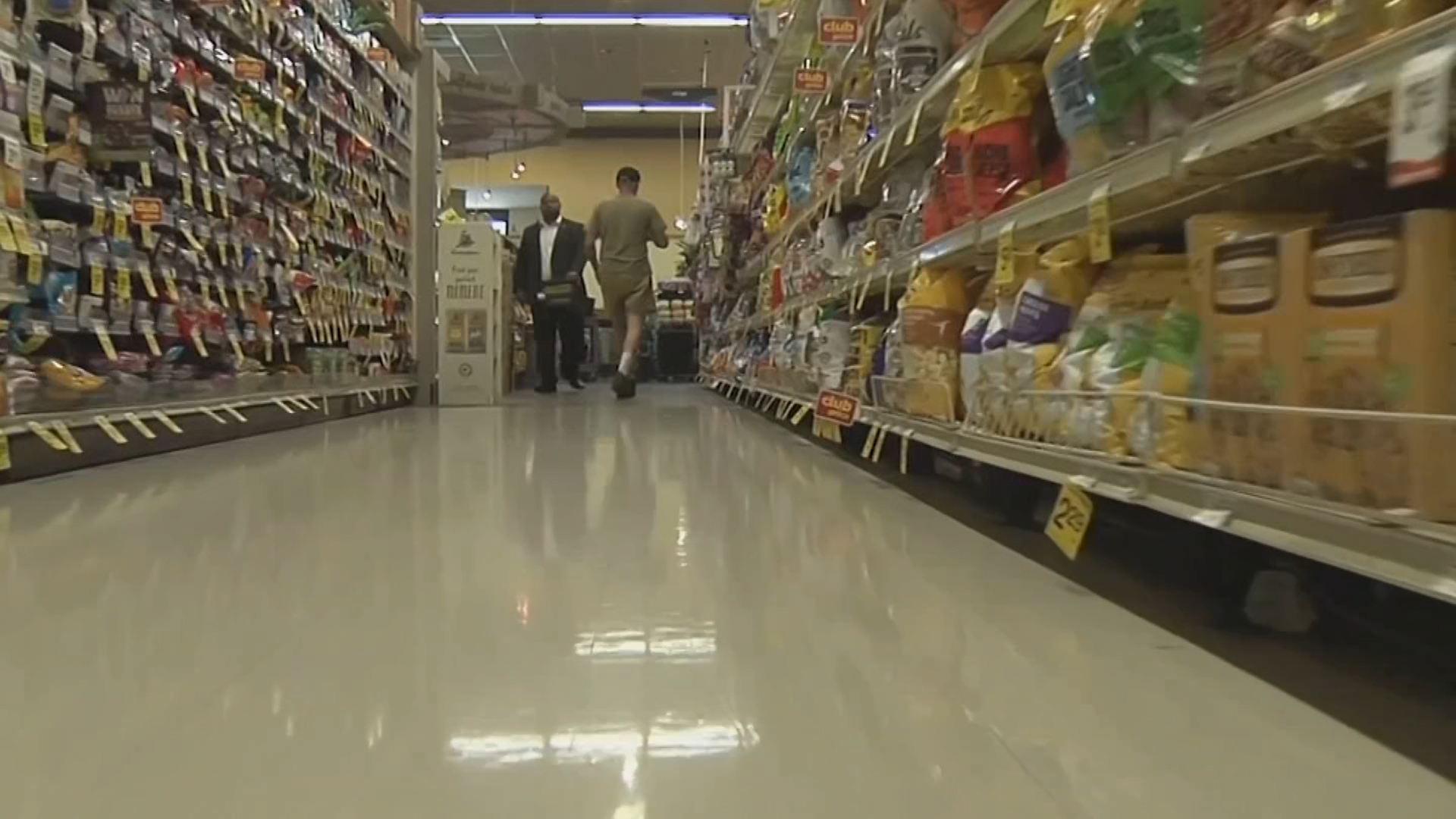In a historic hearing Wednesday, in a building more accustomed to accusations than exonerations, State’s Attorney Kim Foxx began the process of purging what are expected to be hundreds of thousands of low-level cannabis cases statewide.
“I am formally moving to vacate these convictions,” Foxx said. “As Cook County’s chief prosecutor, I feel we must own our role in the harm these convictions caused.”
The exoneration effort lies at the heart of Illinois cannabis legalization, which is to take effect on Jan. 1. Getting a jump on the new law, Foxx stood before Chief Judge Timothy Evans, and began reading the names of the first 1,012 individuals who had been arrested in recent years with relatively small amounts of marijuana.
After each name was read, Evans agreed to expunge the record, and vacate those convictions.
“I thank you,” Evans said, “for allowing the court to dispense justice in a very important case.”
All of the cases pursued Wednesday were for non-violent possession of cannabis cases under 30 grams. It is estimated that by the time Illinois completes the process statewide, as many as 770,000 cases may be removed from the books.
“This is the power of the prosecutor,” Foxx said. “The ability to do good.”
Chicago Politics
During the proceedings in courtroom 600 of Cook County’s Leighton Criminal Courts Building, Illinois governor J.B. Pritzker watched from the jury box as the first names were read.
“A criminal record carries more than a stigma, it prevents people from being considered for job opportunities, from getting a loan or a mortgage,” Pritzker said. “In sum, it can crush a person’s ability to lead a full and dignified life.”
At a recent expungement clinic in Chicago’s Bronzeville neighborhood, would-be candidates told repeated stories of the penalties they had suffered because of past cannabis convictions.
“I was just lost,” Chicagoan Gina Ramirez said, describing how she lost a job at a juvenile detention center because of an arrest in 2016. “Everything I worked for just went down the drain because of one little arrest.”
Nearby, Chantel Daniels said she suffered similar problems when she tried to pursue her education.
“It prohibited me from going back to school,” she said, “because I wasn’t able to obtain the funds that I needed.”
Authors of the state’s new law call the exoneration provisions an effort to make up for what they describe as a failed war on drugs.
“We will never be able to fully remedy the depth of the unfairness, and the damage that it’s visited on so many families,” Pritzker told reporters after court.
“But we can govern our state with the courage to admit the mistakes of our past.”



